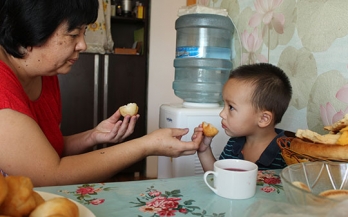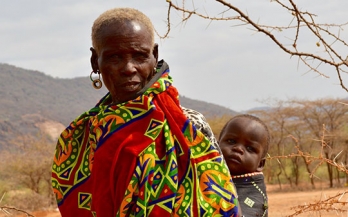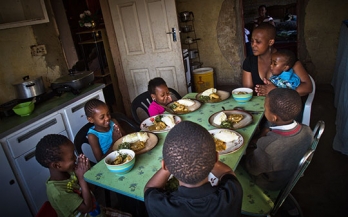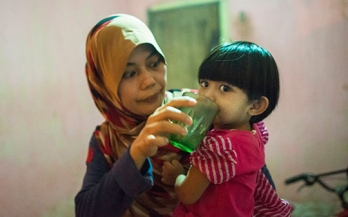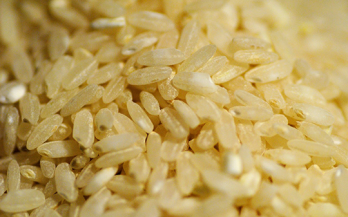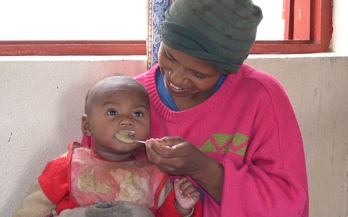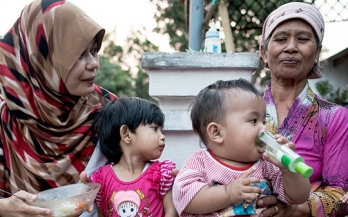This supplement brings together papers focusing on the critical 1000 days of human development from pregnancy until 2 years of age.
This investigation used data from focused ethnographic studies in five rural counties in Kenya to determine whether the concept of “special foods for infants and young children” exists in the different ethnic groups in these areas as an identifiable component of cultural beliefs and knowledge.
Iron deficiency anemia is a major public health problem in sub-Saharan Africa. The objective of this study was to evaluate the efficacy of a complementary food fortified with sodium iron EDTA plus either ferrous fumarate or ferric pyrophosphate to combat iron deficiency anemia in preschool-age children in a highly malaria endemic region.
The objective of this study was to assess the contribution of iodine intake from iodised household salt, iodised salt in instant noodles, and iodine in ground water in five regions of Indonesia.
The papers presented in this Supplement cover a wide range of topics pertinent to the implementation of large-scale food fortification programs and contribute to strengthening ongoing programs, as well as providing important lessons for new countries.
In this review, an overview of the Integration to Effective Implementation framework, as applied to iron, is presented along with a summary of the key issues addressed during the Micronutrient Forum session series.
The objectives of this study were to review the evidence base for maternal and Infant and Young Child Nutrition (IYCN) actions and to discuss the development of the Maternal, Infant, and Young Child Nutrition Network in relation to the IYCN Working Group's role and structure.
The objective of this study was to improve the understanding of contributors associated with the nutritional status of children 6 to 23 months of age living in urban areas of the Philippines.
The objective of this study was to examine the influence of improved information and educational messages on outer packaging of a micronutrient powder (MNP), locally known as “Taburia”, on knowledge and adherence to recommended use.
The purpose of this study was to determine the overall prevalence of vitamin D and calcium deficiencies in women and young children and their nutritional related risk factors.
